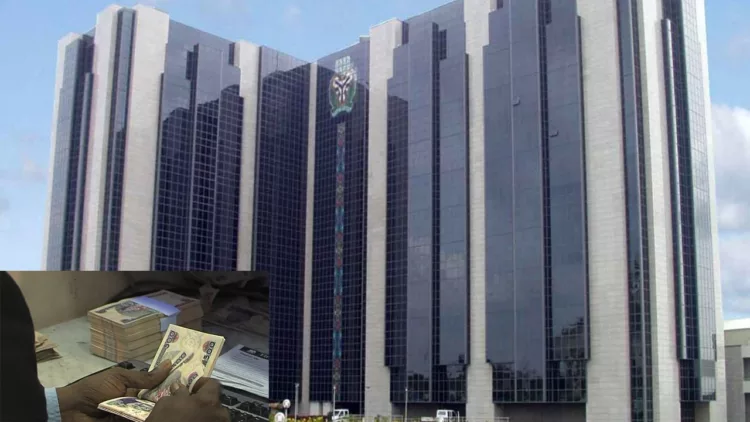The cybercrimes amendment act 2024 has come at a very bad time. It has also come with a very wrong approach to fighting the crime it seeks to prohibit. The announcement of it’s implementation by the CBN was also full of errors as the exact percentage to be deducted was quoted wrongly, before a further clarification was given. There were explanations to some exemptions of accounts or transactions that are also shrouded in controversy as some senior lawyers (SANs) believe that the targeted transactions were inaccurately captured by the CBN directive. Members of the House of Representatives, and Senators alike are all crying foul over the implementation of the law. The House of Representatives has already asked that it be withdrawn to correct certain anomalies in the law. Accusation fingers are being pointed left right and centre, as to how the law was passed with the details that were presented by the CBN for implementation.
Sen. Ali Ndume was asked by Seun of channels TV, “when was the law passed? Which month or date”? And the Senator couldn’t give a definite answer. Before bills are passed into law, they must be subjected to a public hearing. All interested parties or ‘vested interests’ are invited to scrutinise the proposed law, so that the Nigerian citizen is not short changed. Civil society organisations, Labour, and especially the TUC, Trade Union Congress were all caught napping on this. Were they? Or they did sign-off on the law and were contented with its details? The biggest deal of the act is the 0.5% or 0.005% levy it is imposing on almost all transactions. Will the banks be able to filter the non-levied transactions from the law? Or would it go the electricity tariff way where other bands are suffering band A charges? Afterall some legal luminaries are insisting that the law is supposed to charge businesses and not individuals. It looks like the act is still in need of fine tuning.
Banks are already charging customers for all kinds of maintenance, taxes and duties. Sen. Ndume rightly argued that, “I am already being charged by the bank for their services, so why do I have to pay for them to protect my money from cybercrime”? Fighting cybercrime is no doubt a good thing, but making it available at an extra cost is what makes it distasteful and rather exploitative. Another contentious issue is the NSA’s office as the repository of the levy, which would be running into trillions, as online transactions are said to hit 600 trillion in a year. Aren’t the EFCC, ICPC and other technology based institutions more equipped or aligned to fighting cybercrime? Unaudited funds for security purposes are already available to the NSA’s office, so why tax the ordinary citizen to fund the NSA’s office for cybercrime?
The truth is that, the pockets of the common man are not in a position to carry fresh taxes and levies. His purchasing power is greatly reduced by the highly inflationary tendencies in the economy, without a commensurate increase in his minimum wage. The act and its levies could have come at a better time when the new minimum wage debate is over and his pockets have been lined with better cushions. In the face of grumbles from harsh living conditions, additional levies are not for the poor. Perhaps certain institutions that are in the line of rendering services for online transactions should be the target of the levies. Banks, telcos, and other similar businesses should be the targets of the levies. Moreso it shouldn’t be a per transaction charge where trillions will be raked in for fighting cybercrime alone. Trillions should be available for education and health. Trillions to fight cybercrime is crying more than the bereaved. Defence budgets already have the highest allocations and a fresh levy for it is simply overreaching.
The cybercrimes amendment act 2024 has not been hailed. It has been wailed profusely and has been largely unwelcome. From the legislators, to businesses, down to the common man struggling to survive, every group has had his or her say against it. The timing is greatly wrong. The concept of charging almost all transactions is over-ambitious for a cybercrime war. The law should be quarantined for the time being and just as the House of Representatives has asked for its withdrawal, it should be rejigged to listen to the yearnings of the public. There is so much to contend with already. Mr. President too can intervene in this matter, so that the legislature will amicably find a cure for this ailing act. Just like former British Prime Minister, Margaret Thatcher said, “any government that has high taxation is giving itself more powers, and the people less”. As the Nigerian Government is mapping out programmes and schemes to empower its people, this particular law is counter-productive to that endeavor and it should be in the cold room for now.











